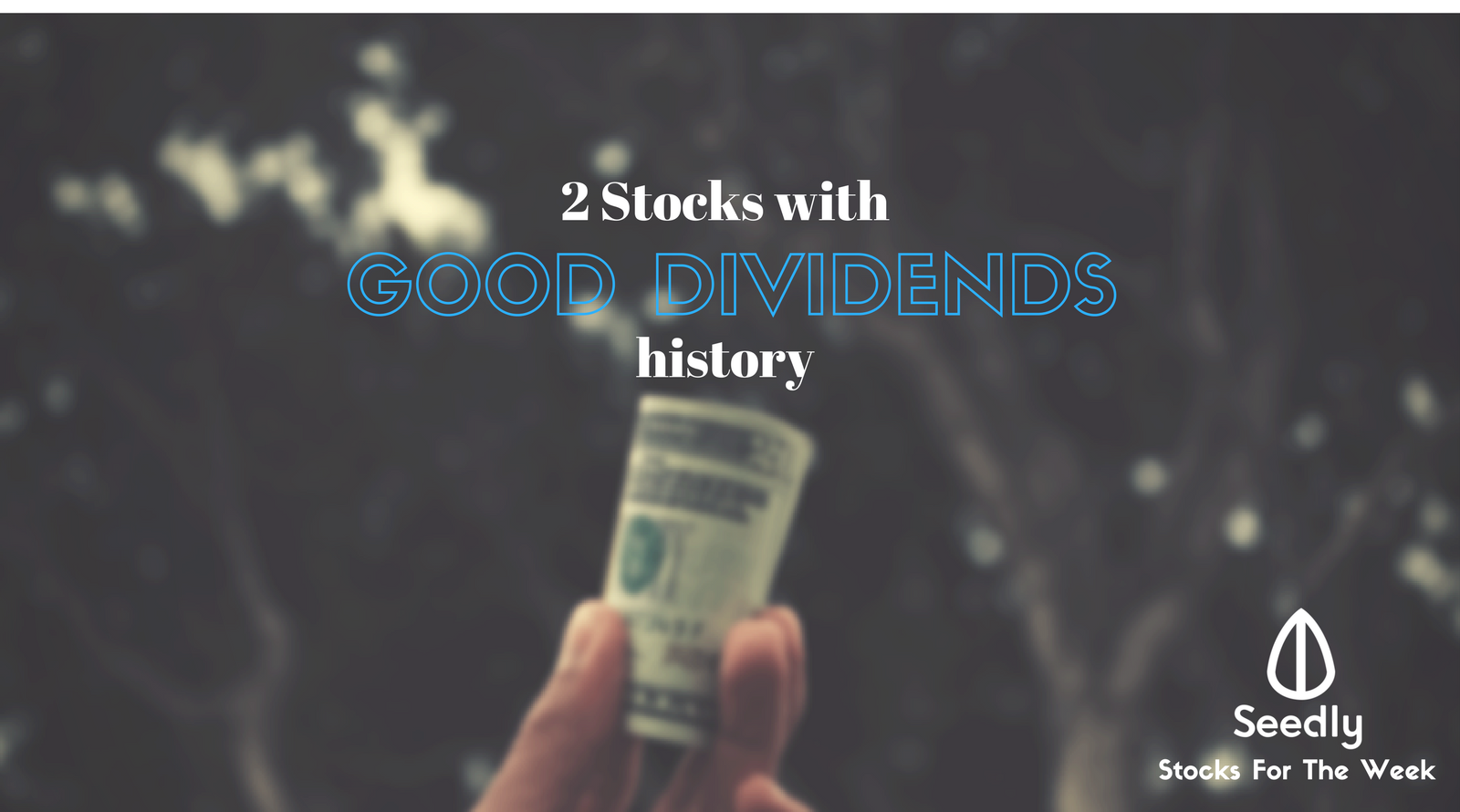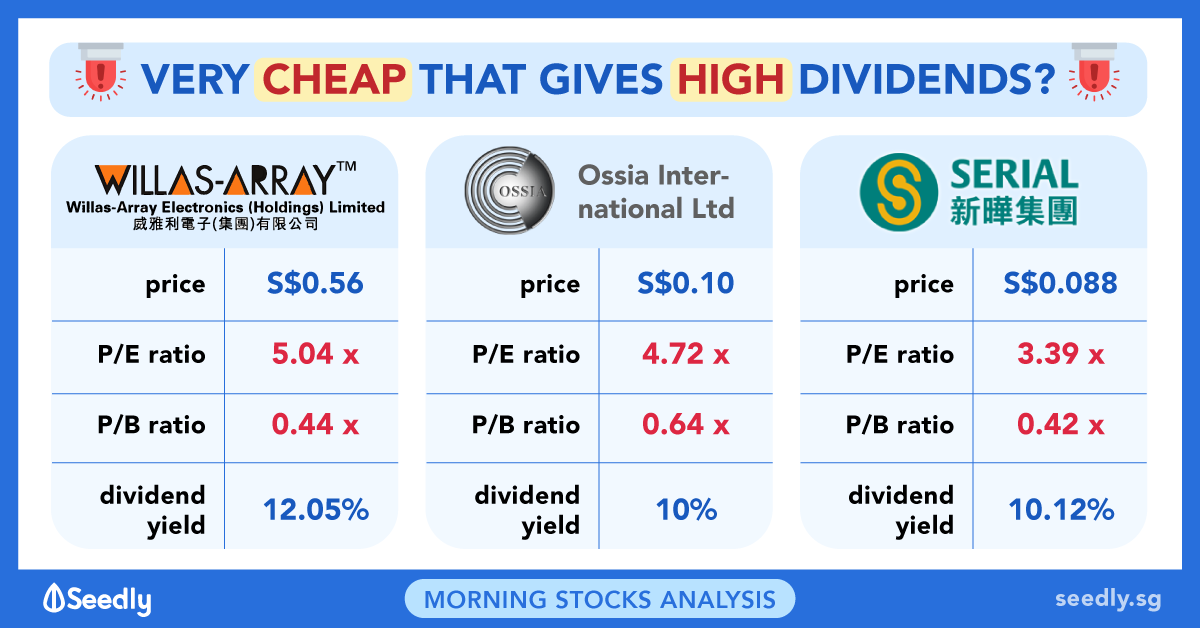Advertisement
Anonymous
How do you manage your risks? Are instruments like ETF or dividend stocks good passive income for someone who does not track his investments frequently?
4
Discussion (4)
Learn how to style your text
Victor Chng
19 Feb 2019
Co-Founder at Fifth Person Pte Ltd
Reply
Save
Risk can be managed via diversification. For example, say you have all your investment money in DBS. this exposes you to not only the global macroeconomic risks such as the Trade War between China and US that affects all companies, but also DBS's own industry specific and firm specific risk, such as a scandal regarding DBS's financial statements, or increase rules and regulations by the Central Bank of Singapore that leads to more stringent requirements for DBS's operations.
The risk here that can be "taken away", or diversified away, are the industry and firm specific risk, as you add more and more stocks into your portfolio to make it more diversified and covering many different sectors of the Singapore economy. Adding more stocks does not mean getting more stocks from the banking industry (which will mean that industry risk still remains), but also adding stocks such as Starhub, CapitaLand Mall trust, Venture Corp etc. The ups of one firm in another industry covers the down of another firm, and so the deviation of returns you experience become more and more stable, until all the risk you are left with is the Global Macroeconomic risk that affects all companies, which cannot be diversified away. This is the crux behind the whole idea of risk management. Of course I am giving you a rather layman version of this, but that is why many people recommend investing in broad index funds and ETFs that purchase a broad variety of stocks that track the performance of a particular index, which are tied to the performance of the economy. Such an example of this is the STI in Singapore, which comprises of 30 of Singapore's largest companies.
For someone who does not track his investments frequently, I suggest looking into perhaps an ETF that tracks a broad market cap weighted index, or a passive index fund that basically "tags" and tries to follow a benchmark index as closely as possible, providing generally respectable market returns. However, you must take note of the costs of management of such funds and ETFs, for such passive funds, low costs of management are essential in ensuring you are getting the best returns for your investments.
If you would like to learn more about such concepts of index funds and indexing, might I suggest a book " A little book of common sense investing" by John C. Bogle, founder of the Vanguard Group, and is credited with the creation of the world's first mutual fund. I have gained much insight regarding index funds from there!
Reply
Save
Brandan Chen
18 Feb 2019
Financial Planner at Manulife Singapore
There are quite a number of articles contributed by Seedly and other members regarding your question...
Read 2 other comments with a Seedly account
You will also enjoy exclusive benefits and get access to members only features.
Sign up or login with an email here
Write your thoughts
Related Articles
Related Posts
Related Posts
Advertisement










Hi,
I managed risk by having a diversify portfolio. Investing is a game of probability. Let say you want to invest in 10 stocks, make sure you allocate equal percentage to each stocks. If 5 stocks make 100% and 5 stocks lose 50%, as a portfolio level you still make money because of probability.